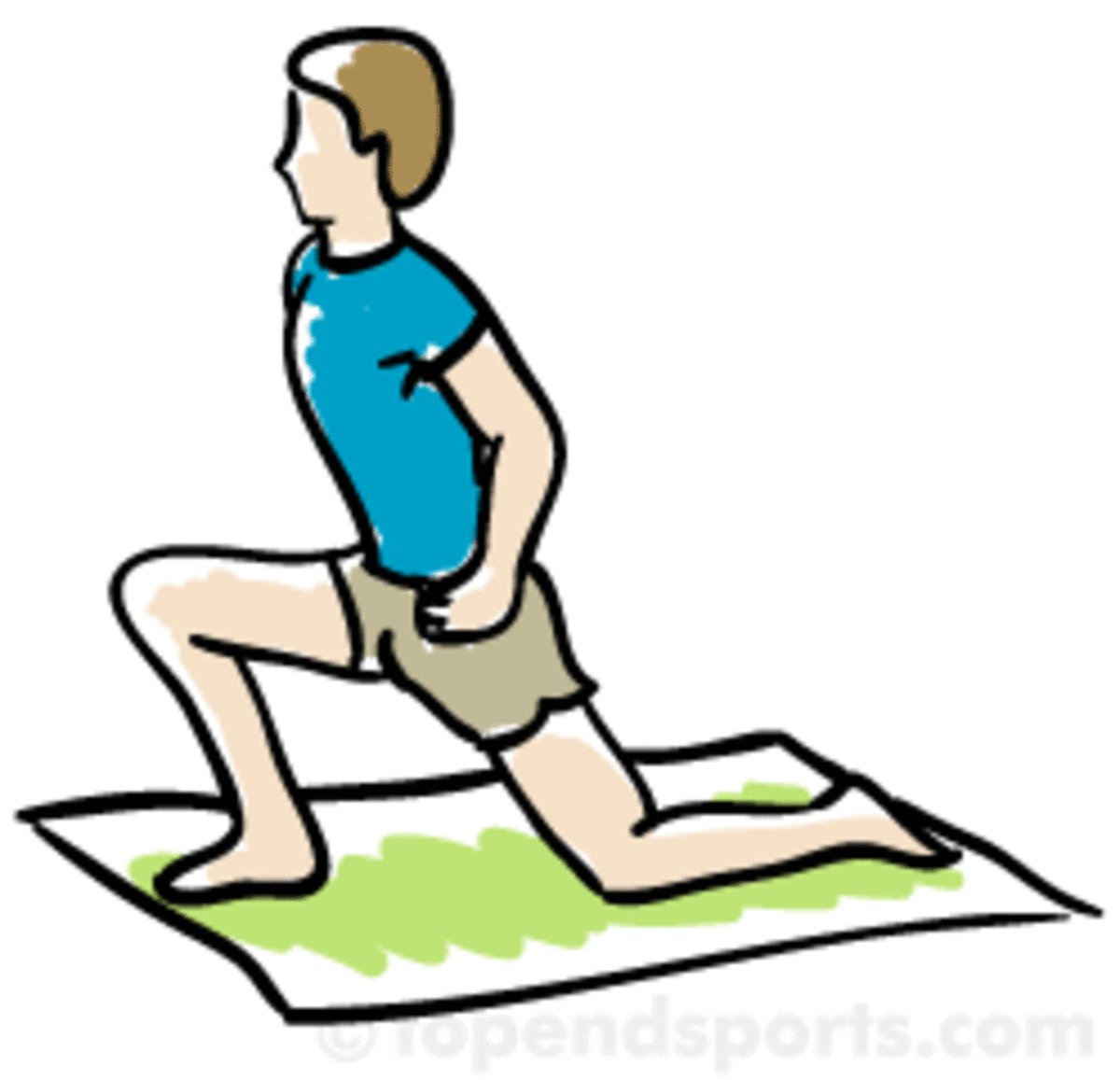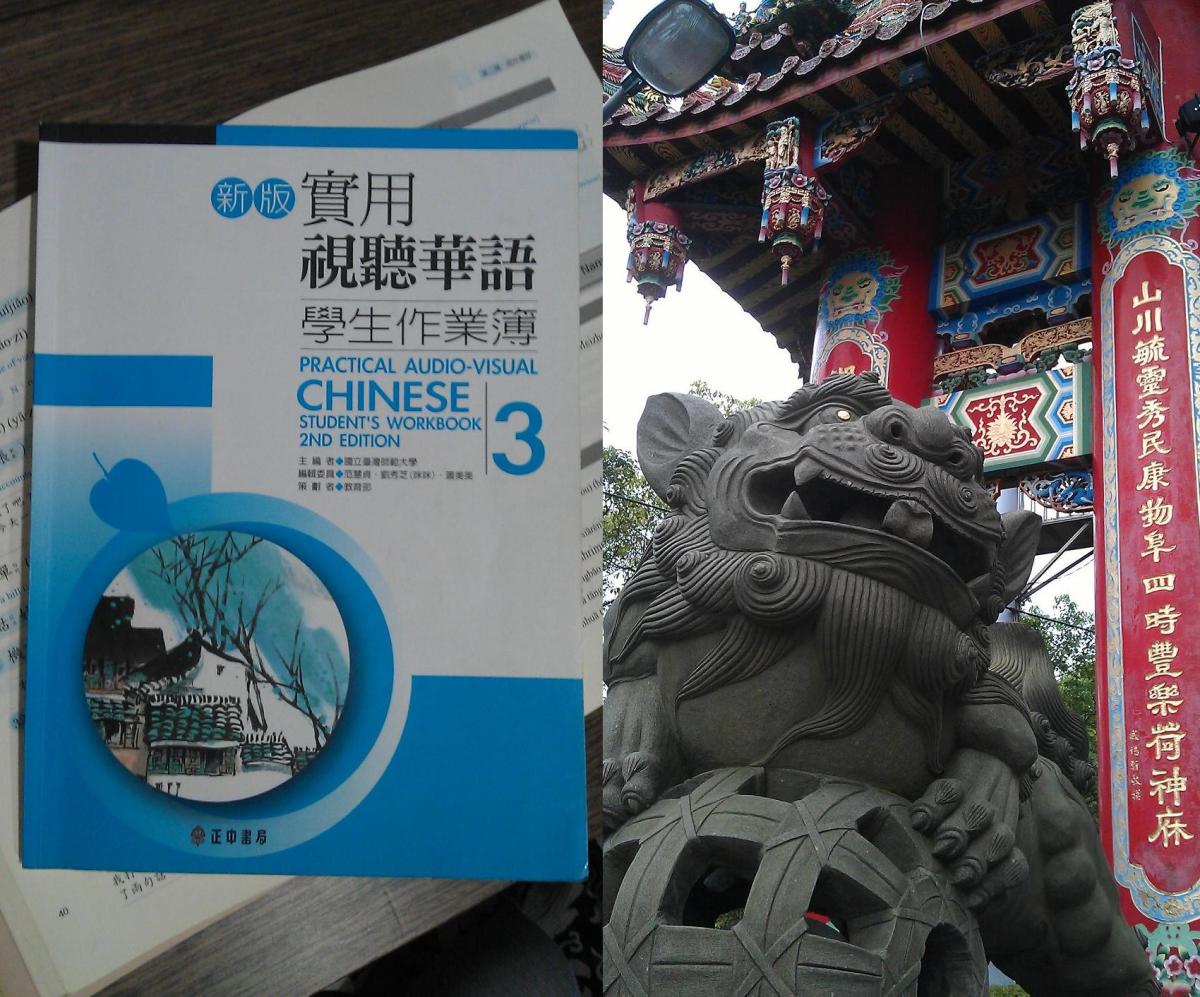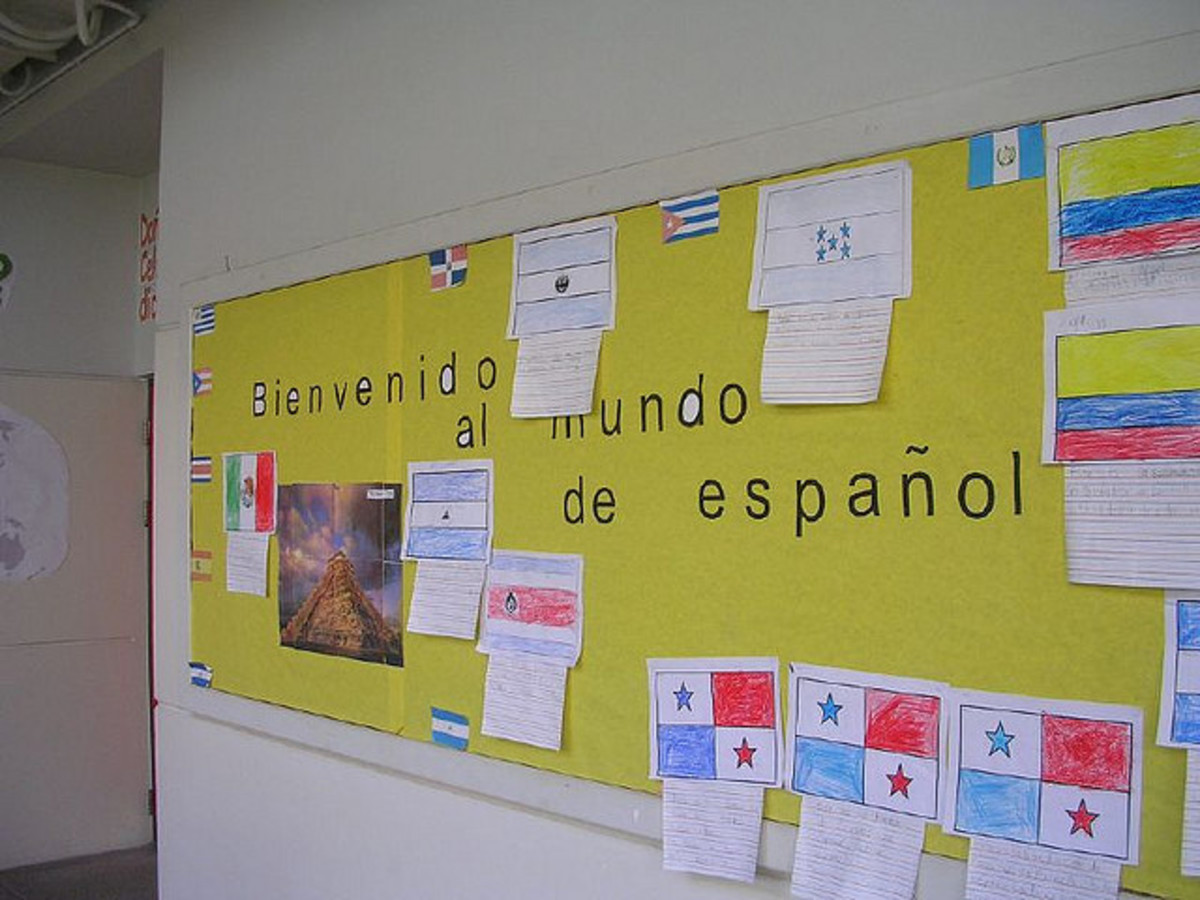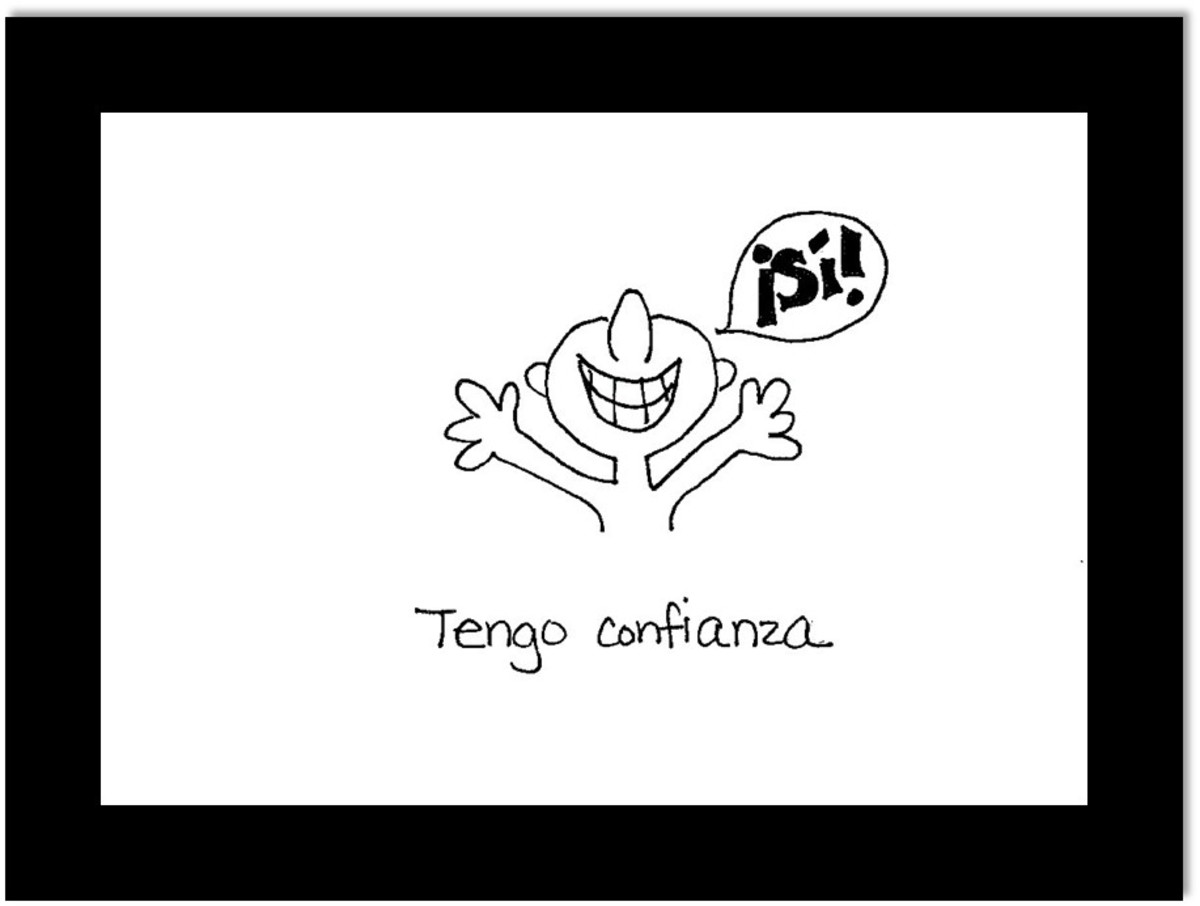Spanish Lesson Twenty-One: Travel

Last week I reached a new milestone of Twenty Lessons Written!! I honestly can't believe it's been twenty lessons since I started writing these weekly lessons. If you're coming in for the first time, start from the beginning with Lesson One. If you've been be following this whole time, I hope you're excited for this week's lesson. :). I hope everyone has enjoyed their week and that it was awesome. The weekend is here and now it's time to rest and get recharged for next week. Last week our Spanish grew even further by discussing The Preterit, one of two ways to speak in the past tense. Now that that's out of the way, we can go back to weekly themes. This week, let's focus on travel.
Remember, these lessons are designed for you to be able to go at your own pace and learn Spanish "A Little At A Time". I recommend that everyone go back to previous lessons and review them occasionally to help the information penetrate successfully. The link to those lessons is provided below, after the explanation of this week's lesson.
Last week we discussed The Preterit, one of two ways to discuss matters in the past tense. If you'd like to review that lesson before going on click--->here. In today's lesson we will be discussing Travel.

Today's Vocabulary
Since we are working on a theme this week, your vocabulary list will pertain to the subject of Travel. Since it's getting towards the traveling season for the holidays, I thought it'd be cool to learn about things in the airport and plane. We can even discuss the process of getting ready and such. If you like or dislike the themes I've chosen, feel free to suggest one. I'm always looking for new ideas. Take a look at this list below, it's a master list of things you need to know when Traveling.
Verbs
To Take A Trip: Hacer Un Viaje
To Leave: Salir
To Arrive: Llegar
To Carry: Llevar
To Go: Ir
To Go Through/To Look Through: Revisar
To Board: Abordar
To Hear: Oír
To Smell: Oler
To Touch: Tocar
To Taste: Probar
To See: Ver
Note: There are more Vocabulary Words from About.com. The link is listed as a reference. Check it out.
Nouns
Trip: El Viaje
Airport: El Aeropuerto
Plane: El Avión
Passenger: El Pasajero/ La Pasajera
Agent: El Agente
Luggage: El Equipaje
Passport: El Pasaporte
Ticket: El Boleto
Flight: El Vuelo
Bag: La Maleta
Common Phrases
To Where Are You Going?: ¿Adonde Vas (Va-Formal)?
When Do You Leave?: ¿Cuando Sales (Sale-Formal)?
What Are You Going To Do?: ¿Qué Vas (Va-Formal) A Hacer?
When Do You Arrive?: ¿Cuando Llegas (Llega-Formal)?

Warm-Up
Take a look at the charts in the previous lesson, The Preterit and review the conjugations of ser and ir in the preterit. Also take a look at the other essential verbs in the preterit that will pertain to discussing your trip. This lesson will allow you to tell your friends how your trip went and everything you saw, smelled, heard, and felt. After reviewing those things, come on back for the lesson and I'll tell you the best way to utilize the preterit when discussing a recent trip.
Discussing Your Trip
So I hope you went back reviewed conjugating verbs in the Preterit as it is pertinent to this lesson. If you have come back from your trip and want to talk about, make sure your completely aware of conjugating your verbs properly. I hope you read the Essential and Irregular Verb Chart as well in the previous lesson. It can definitely shed some light on things.
Ser and Ir have the same exact conjugation in the Preterit. However it's not going to be too hard to figure out what someone is trying to ask you or what you're trying to say. Take for instance this example.
¿Comó fue tu viaje? How was your trip? Now why wouldn't that sentence refer to "to go" and not "to be"... well. Trip indicates a place, but the word Comó means "How". Surely the meaning of the sentence will be geared towards that meaning. Look at this one.
¿Dónde fuiste? Where did you go? Dónde indicates "Where", so the meaning of this sentence will refer to "Where". Think of those indicating words that will specify which verb is being followed by this conjugation.
You can answer questions like those above by conjugating the verb in the "Yo" form of the Preterit. Fui a Georgia. I went to Georgia. Use the preposition a to indicate that you went to a specific place. Also think of questions that refer to Who, What, When, Where, How, Which One... etc. Answer those questions accordingly. Within the next few days I will begin a weekly Spanish Vocabulary List, each divided between Verbs, Nouns, and Adjectives. Get Ready For Those!
Other Notes: Car, Gar, Zar
Hey!! So we learned the preterit last week remember? There are so more exceptions to the conjugations we discussed. Here are some other words that you should know:
To Begin/To Commence: Empezar
To Have Lunch: Almorzar
To Look For: Buscar
To Play: Jugar
To Pay: Pagar
To Practice: Practicar
The Qué, Gué, and Cé rule:
Verbs that end with Car, Gar, and Zar change conjugation in the "Yo" form in the Preterit. Verbs that end in "Gar" change to "Gu" and ends in "é". Remember this only in the "Yo" form. So use a verb like Llegar.
Yo Llegué
Tú Llegaste
Él/Ella/Usted Llegó
Nosotros Llegamos
Ellos/Ellas/Ustedes Llegaron
Verbs that end in "Car" change to "Cé" in the end for the "Yo" form. Let's used Emperzar.
Yo Empecé
Tú Empezaste
Él/Ella/Usted Empezó
Nosotros Empezamos
Ellos/Ellas/Ustedes Empezaron
Finally let's use Buscar for the final example
Yo Busqué
Tú Buscaste
Él/Ella/Usted Buscó
Nosotros Buscamos
Ellos/Ellas/Ustedes Buscaron
Note: There are more exceptions to the rules and they will be addressed accordingly. Also there are several more verbs that can be used as examples to the "Qué. Gué, Cé Rule".

Homework
Your homework for today is to view a video based off of Lesson Nineteen. Take a look at it! Senorbelles is my favorite Spanish teacher online and he has a great deal of clarity when discussing a certain topic. Listen closely to his tips.
Also in the coming lessons we'll be discussing a great deal more about grammar and visiting other themed topics in Spanish. Stick around for that. :) Here are some lessons that will be coming soon:
- Family and Relationships
- What Do You Want To Be When You Grow Up?
- What Do You Like And Dislike?
- What Kind of Person Are You?
Next week we will discuss Formal and Informal Demands! You Gotta Check it out!
Links Used As References
- Preterite: Part Four
Spanish grammar. Discussion: preterite part: four. - preterite -que', gue', ce' , gu:e' flashcards | Quizlet
Vocabulary words for preterite -que', gue', ce' , gu:e'. Includes studying games and tools such as flashcards. - Vocabulary: Air Travel - Spanish Language for Travelers
Planning to travel by air to a country where Spanish is spoken? Here are some words that may come in handy.








